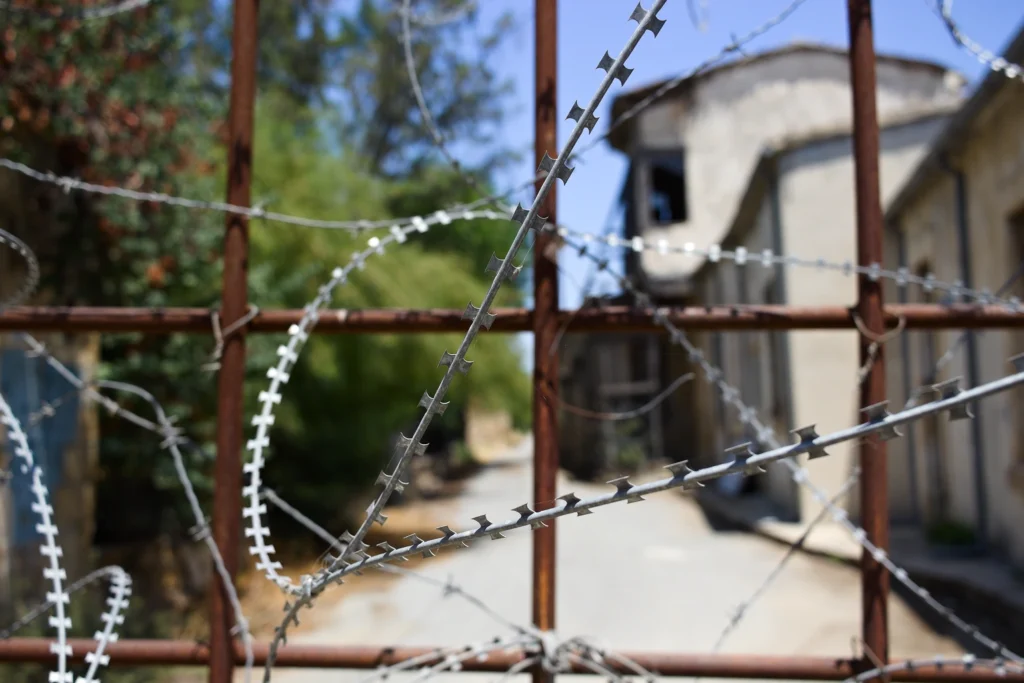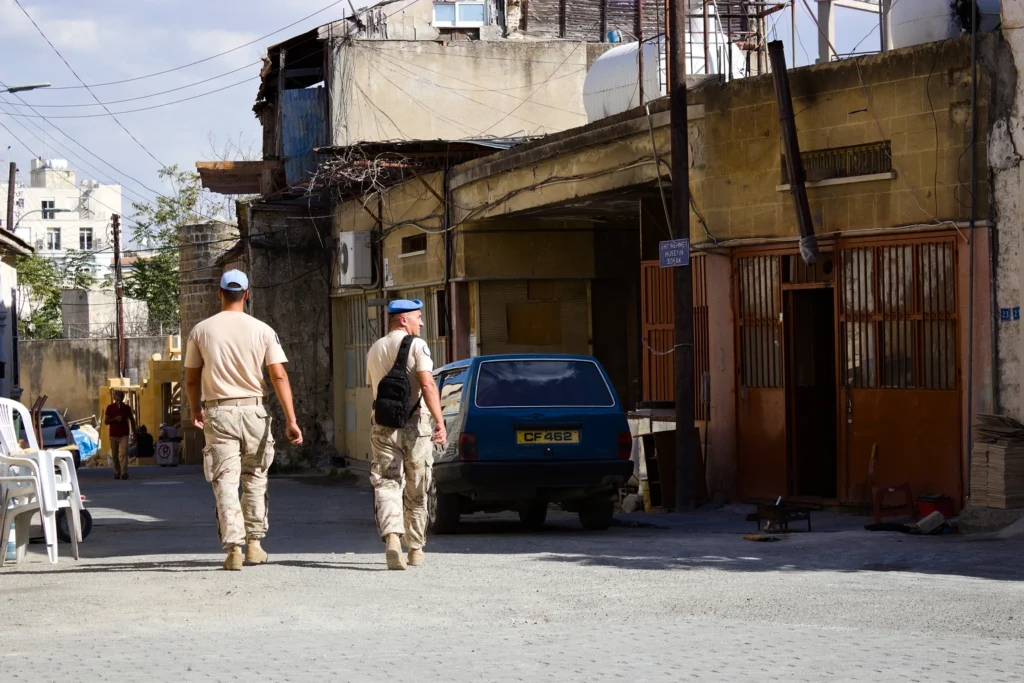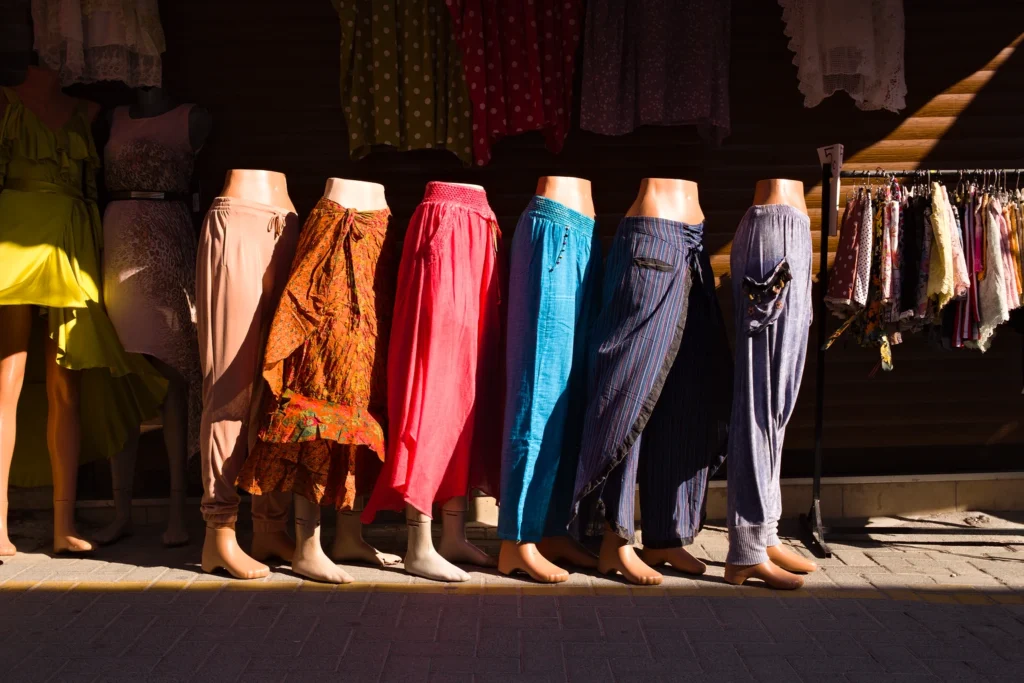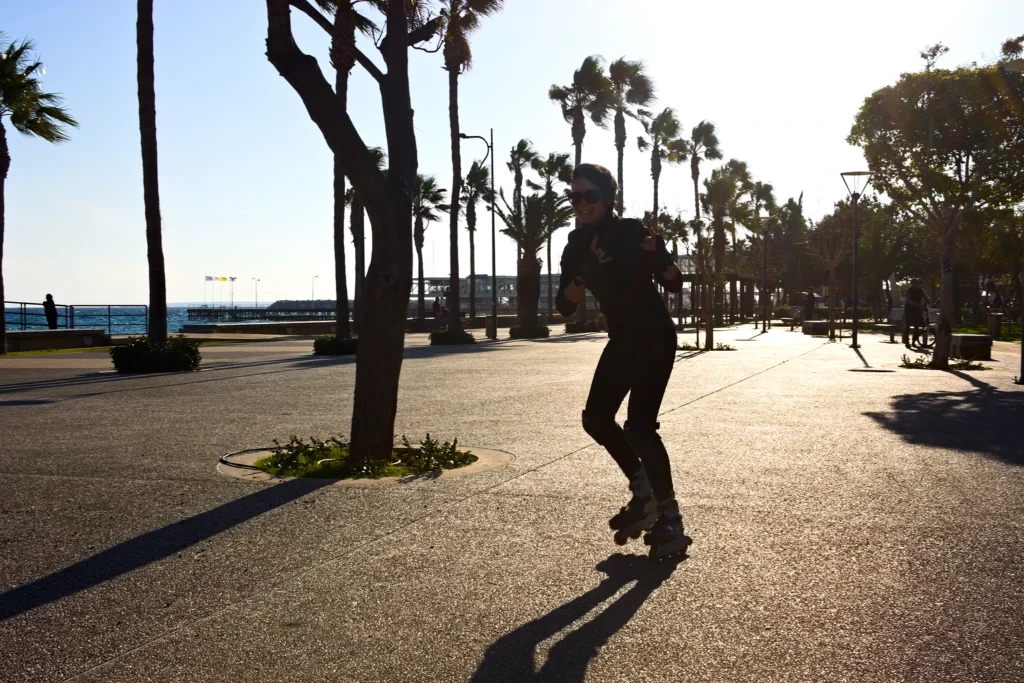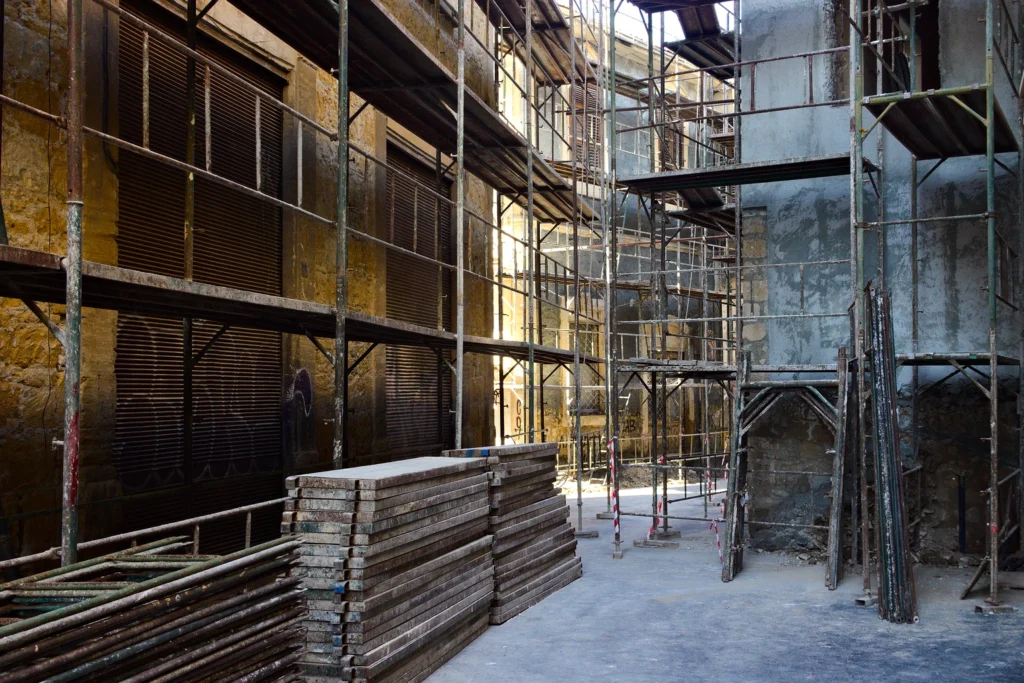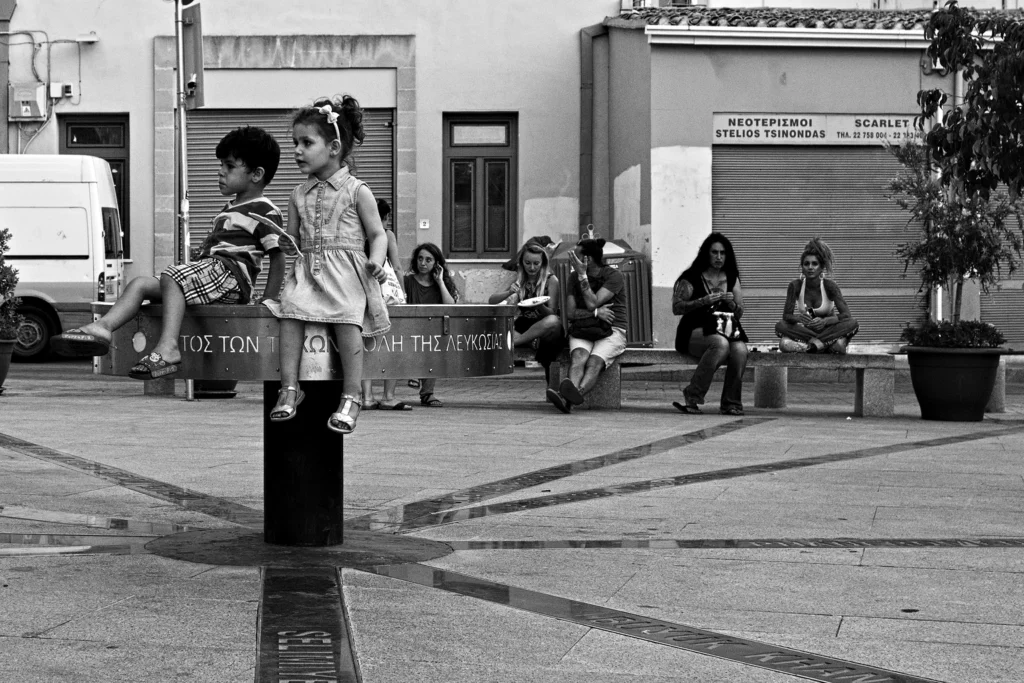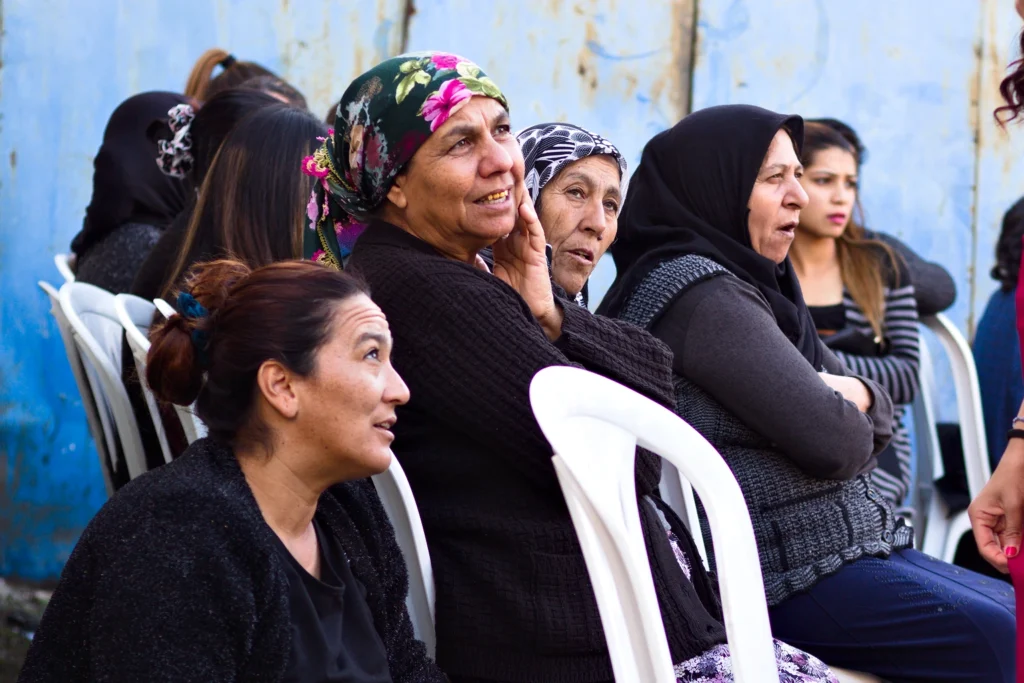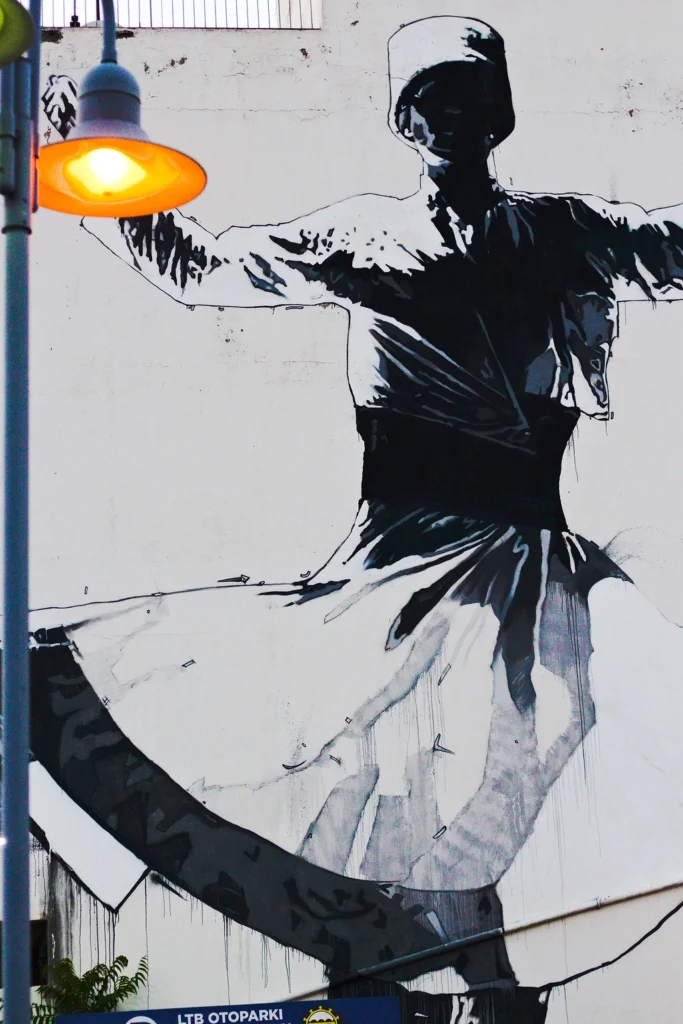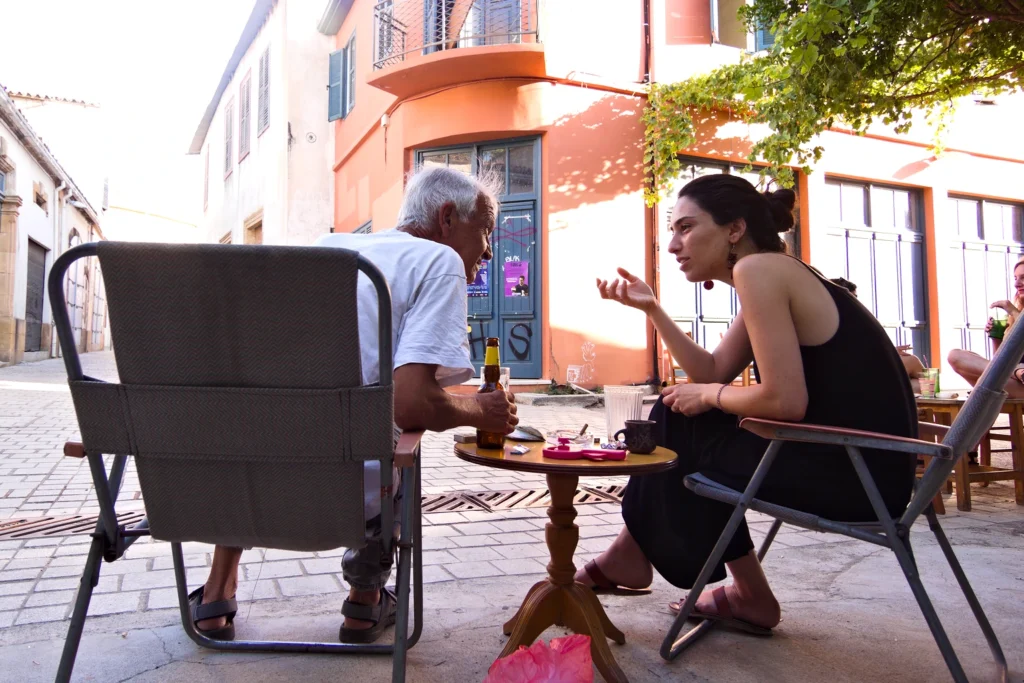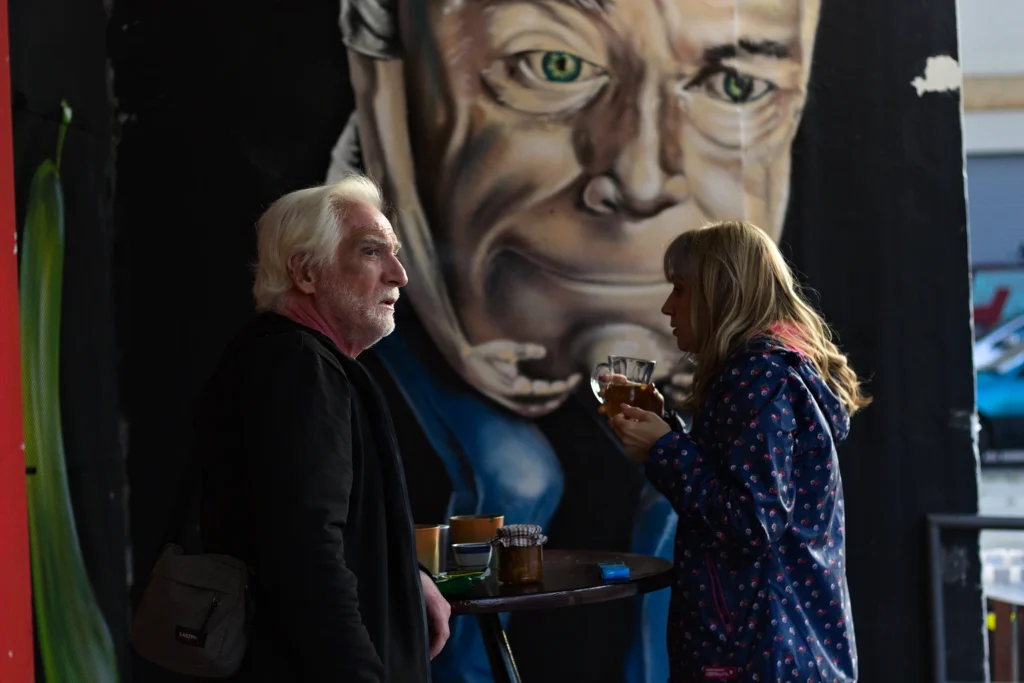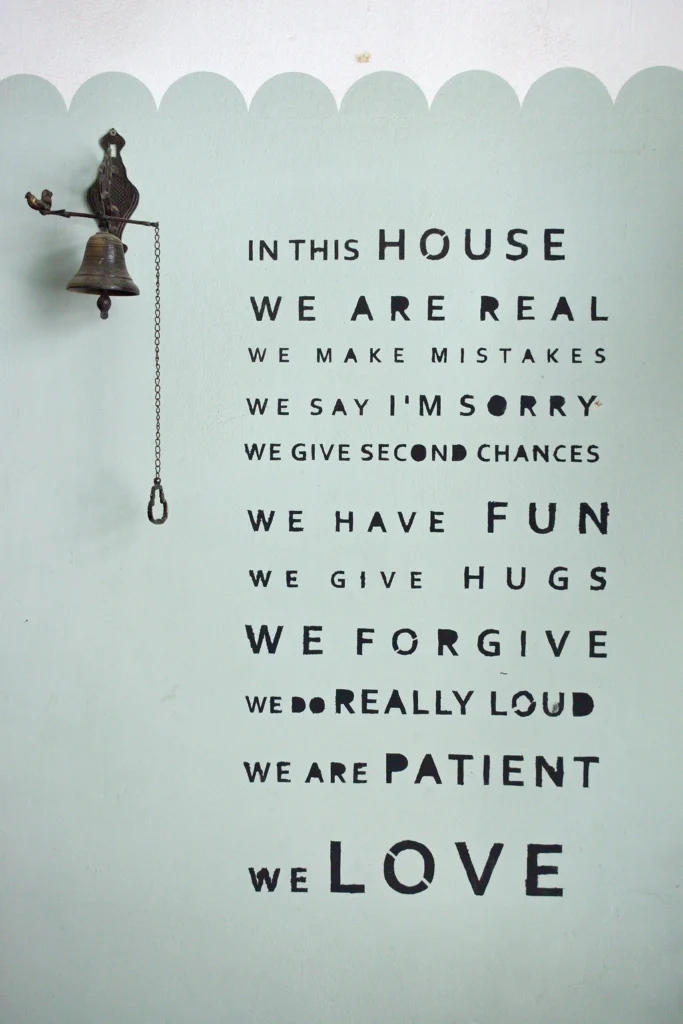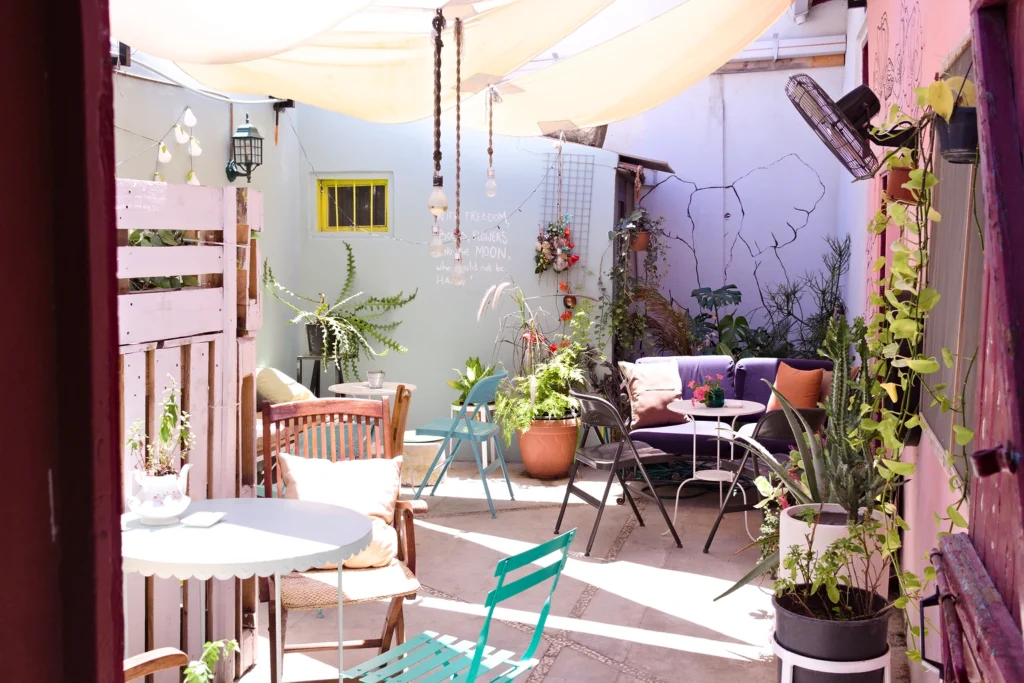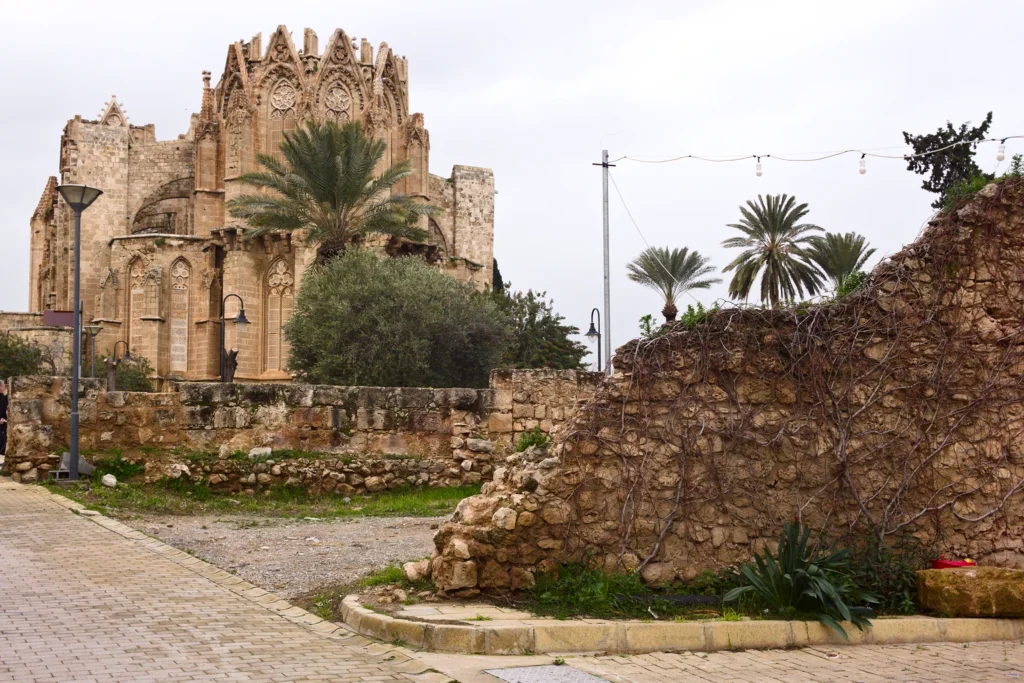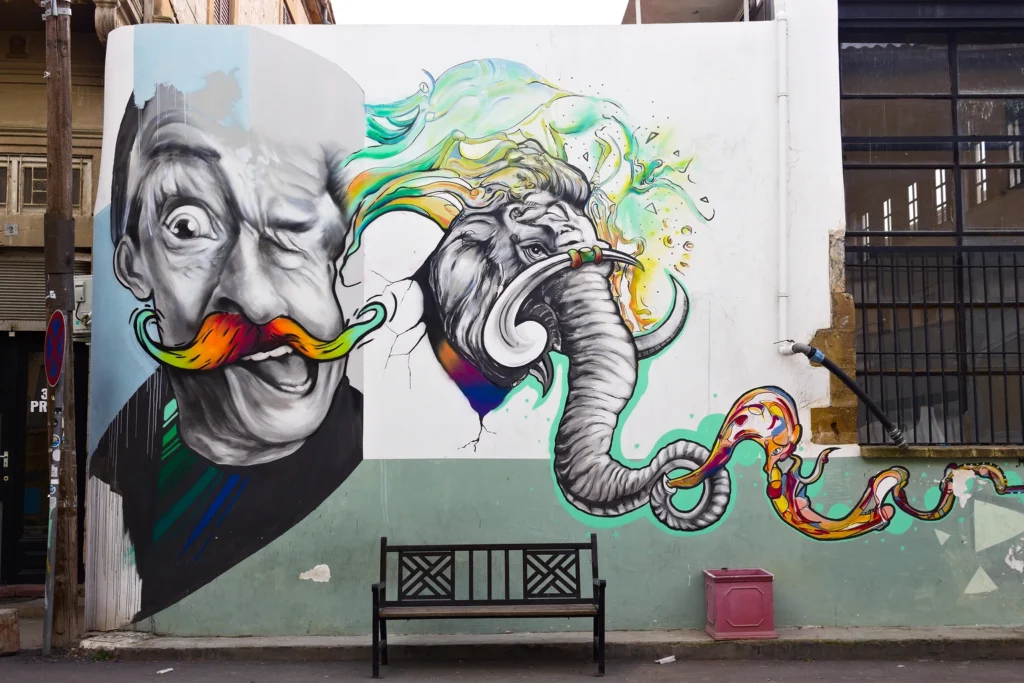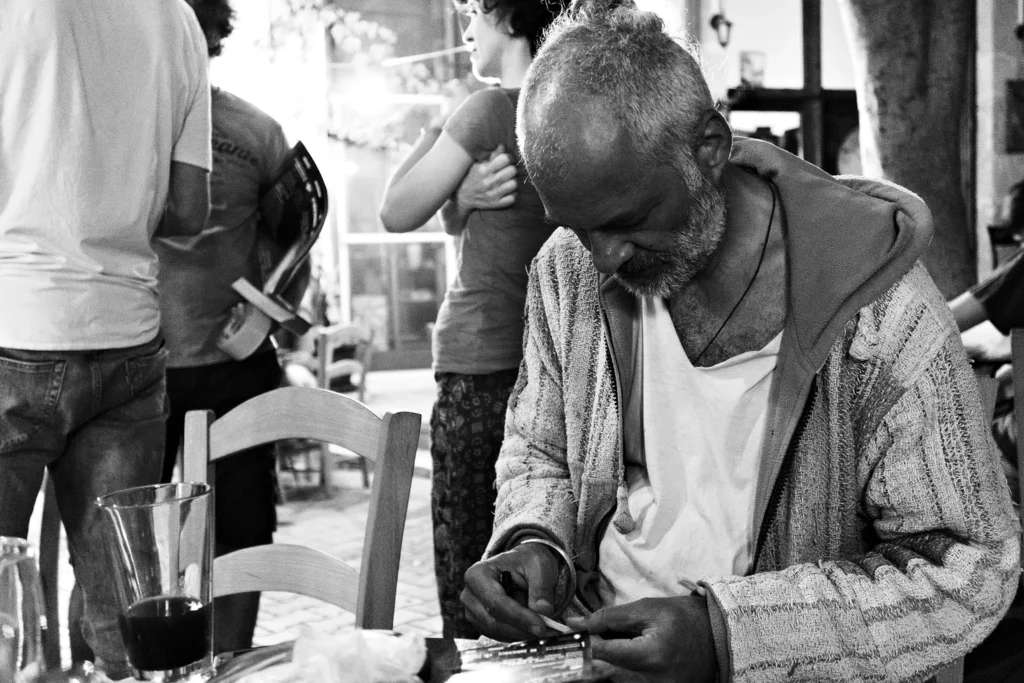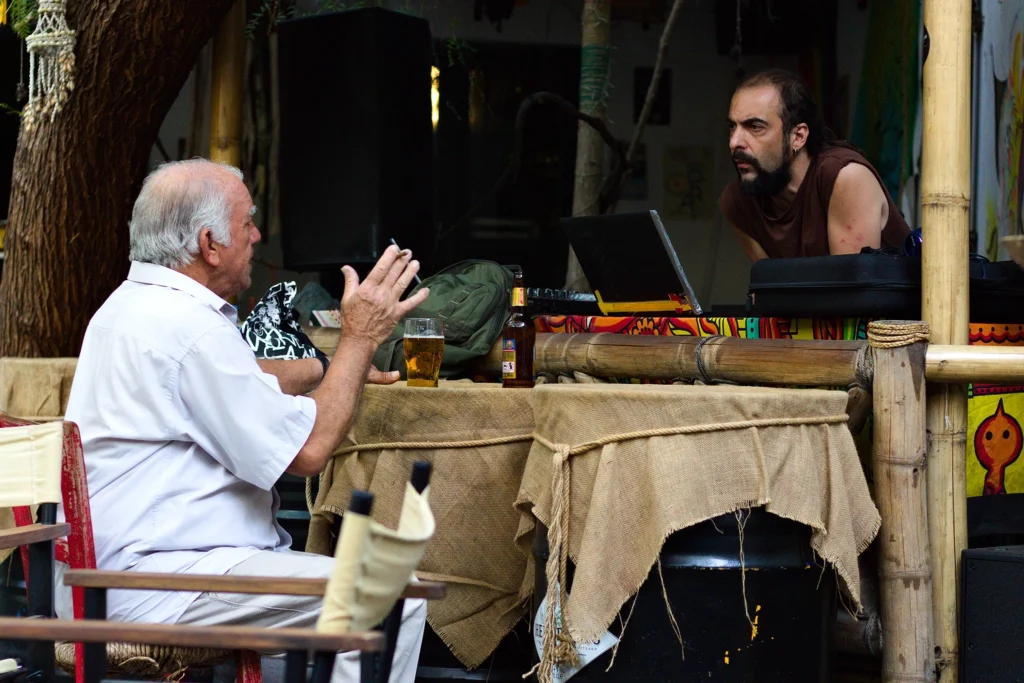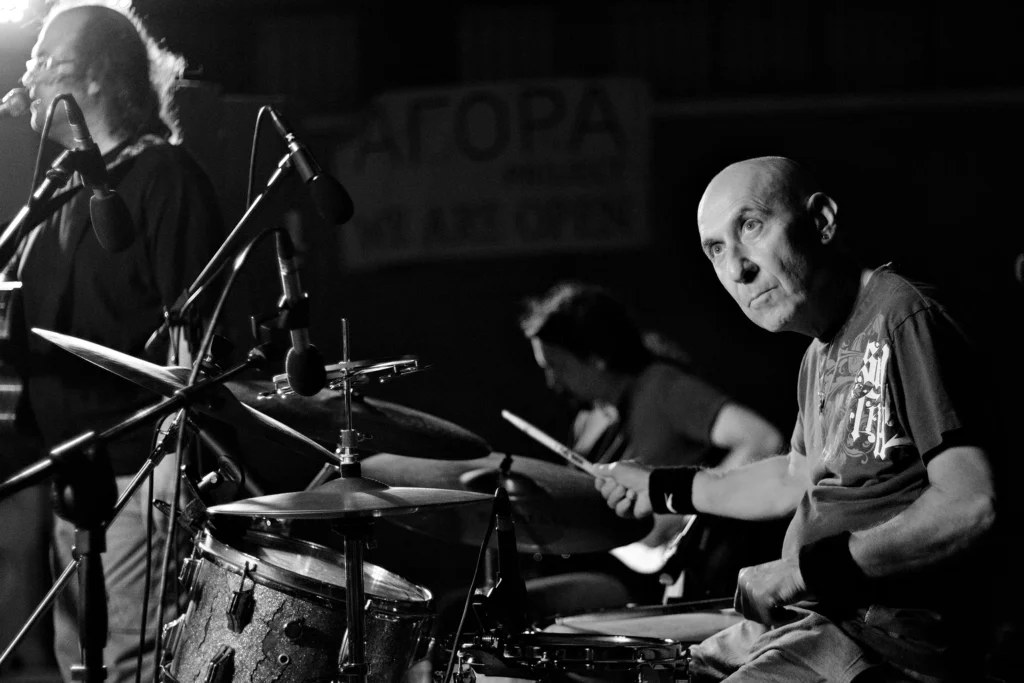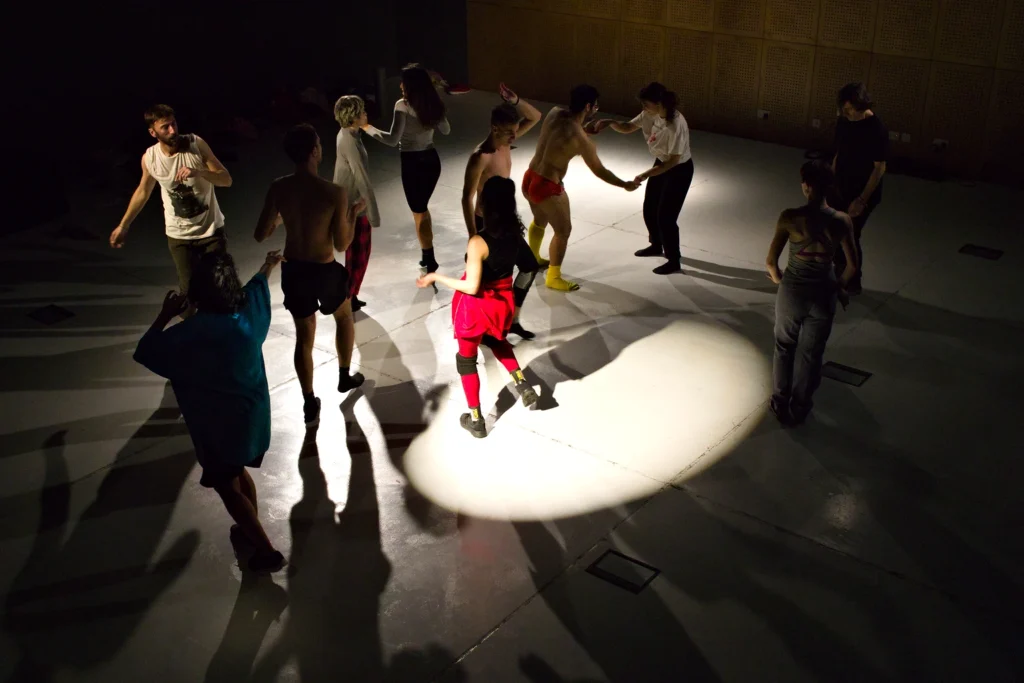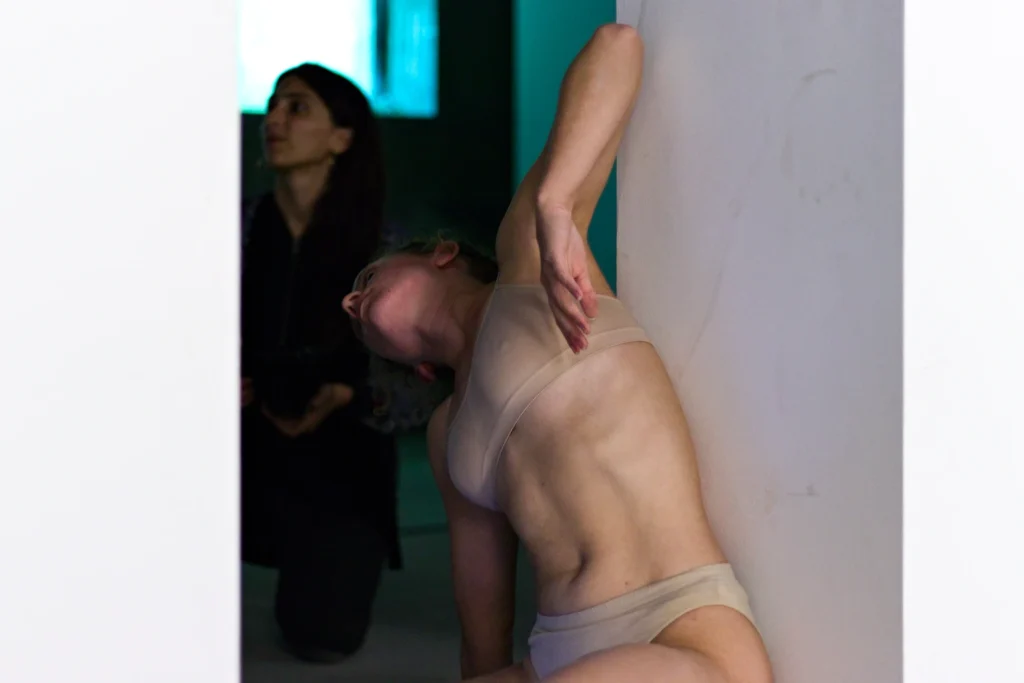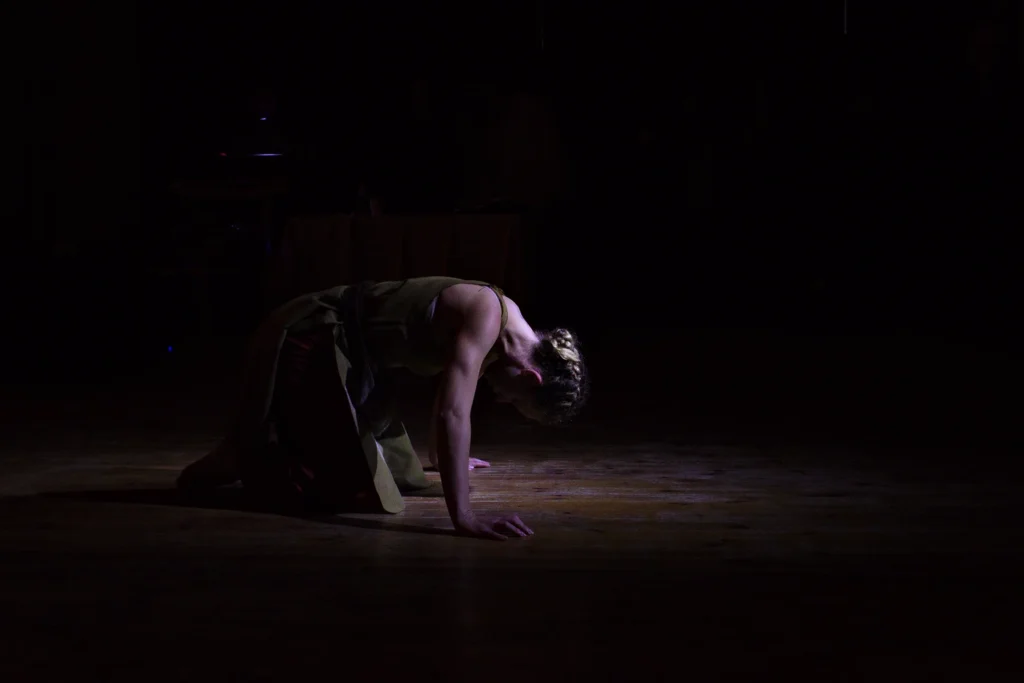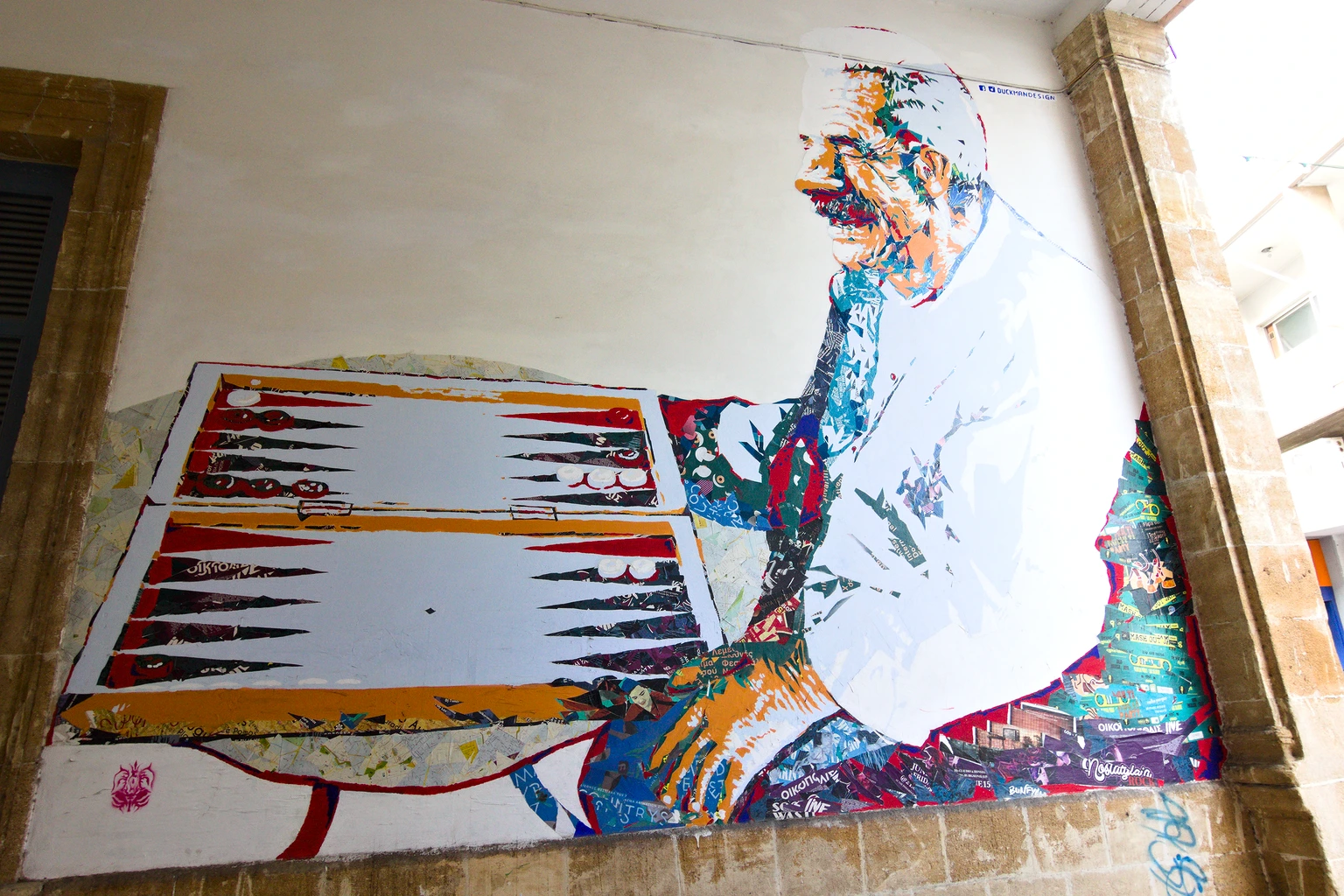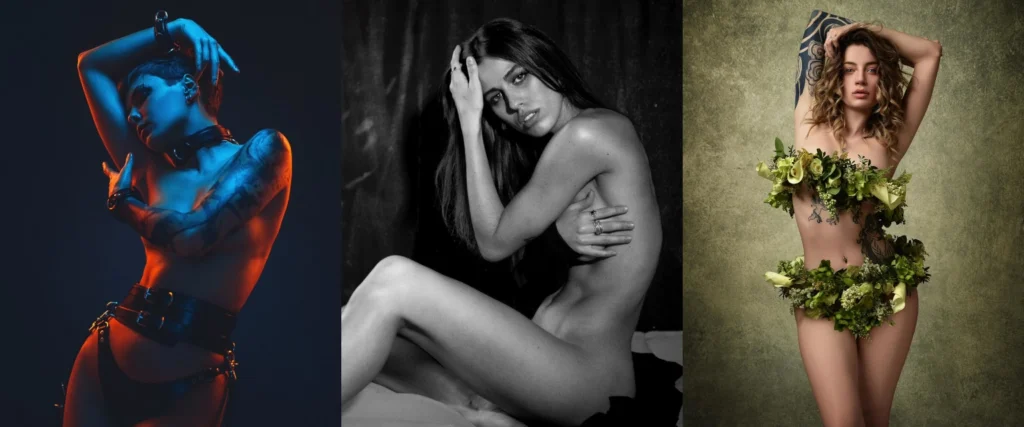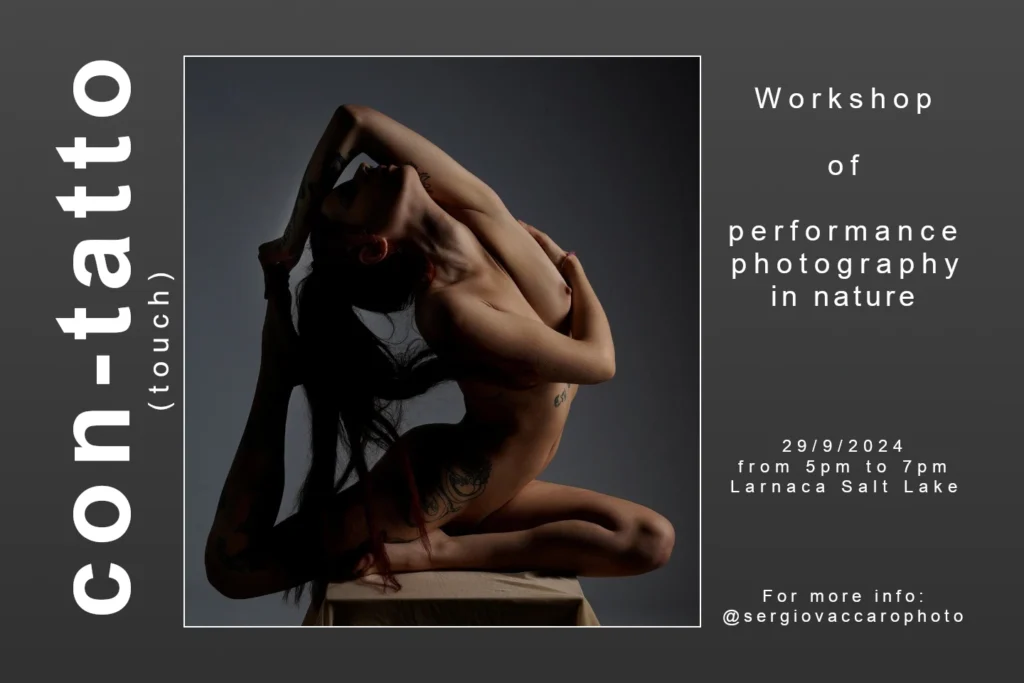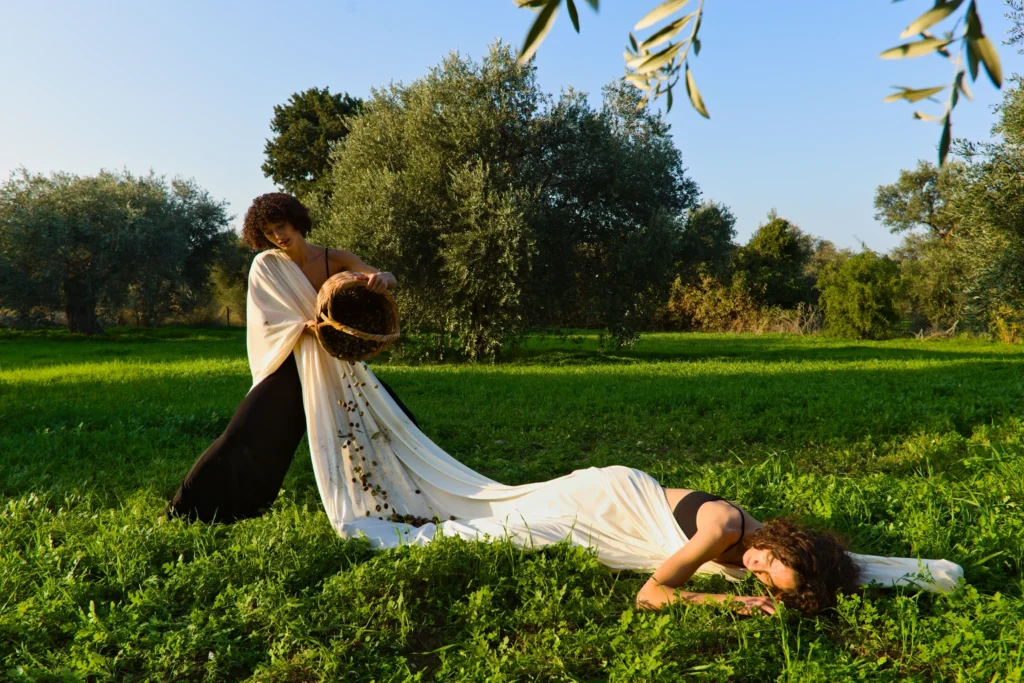There are two anthropological sides in our civilization.
One side is based on the idea that happiness is a sum of usefulness. It produces wealth, efficiency, organization. It’s a quite modern philosophy, it belongs to the Industrial Revolution and to the North of the Europe.
The other side looks for goodness in things. The value of human actions and lives lies in their virtues, happiness is a continuous research. It produces arts and faces the deepest sense of the philosophy. It started from the Greek classicism, leaded to the Greek-Roman Empire, evolved it into a Byzantine Empire, transformed it into Ottoman Empire and came back to the Mediterranean continent.
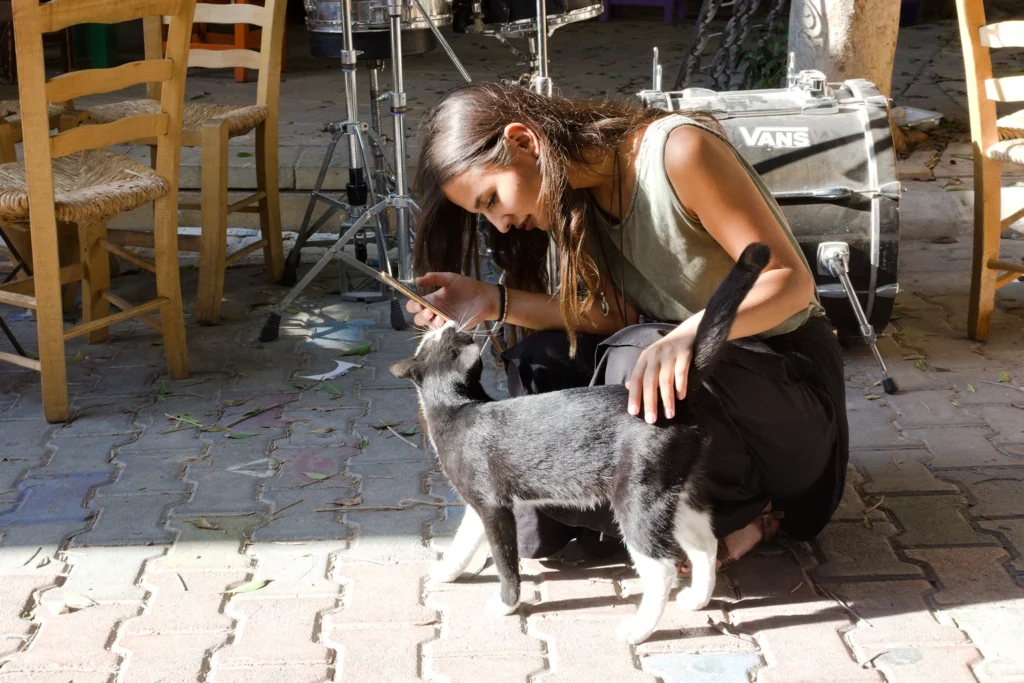
What is the Mediterranean Sea? The Mediterranean Sea is a path connecting people [Fernand Braudel, La Méditerranée et le Monde méditerranéen à l’époque de Philippe II]. This is the ancient history of our unique sea and this is our present civilization. Mediterranean people are for connections, differences feed their cultural model, despite the complexity. Differences are their wealth. Nothing is sure, nothing is measurable, happiness is a way to be. Complexity is the Mediterranean way to be (pro)positive, connected and creative.
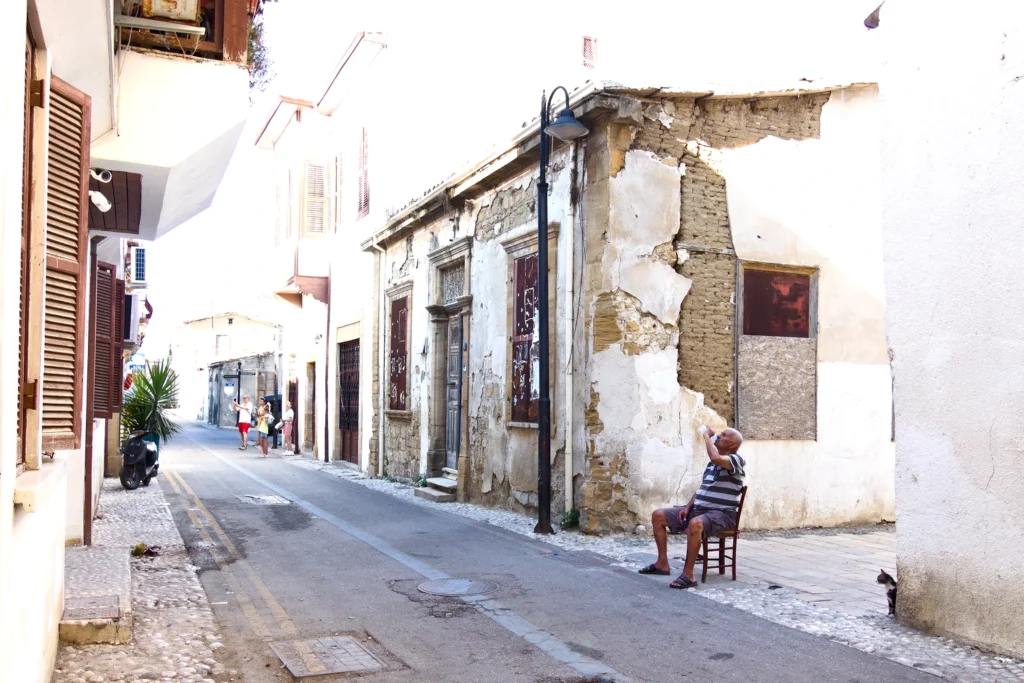
Cyprus is now the most Mediterranean land in the Mediterranean. Far from the Utilitarianism. Cyprus kept the Humanism, because its history, geography and size. And while the rest of the world look for happiness in statements, the island investigate what happiness is.
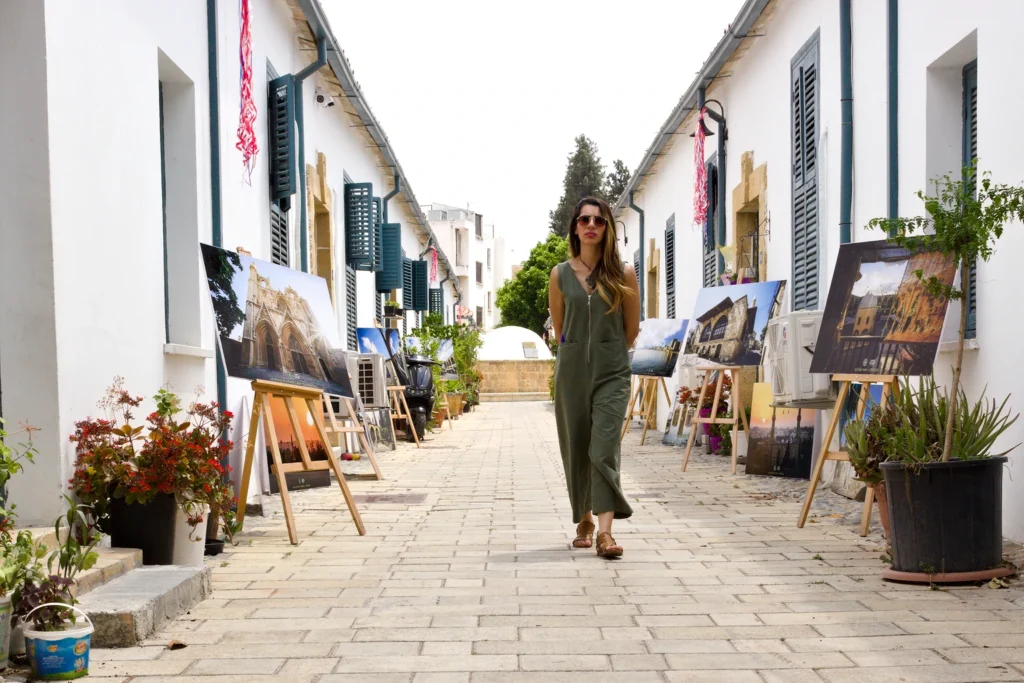
I see this philosophy everywhere: participation, collaboration, curiosity, creativity, relationships, fine arts, energy, serenity, antiquity and modernity. Here is the Humanism, here is the wisdom of Cyprus.
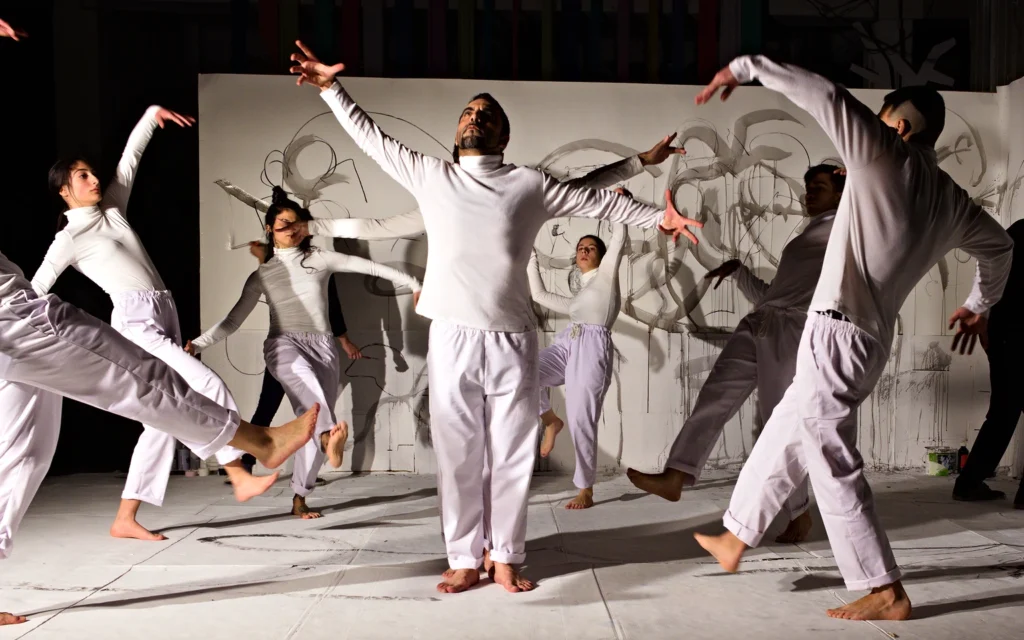
Here is why Cyprus is for arts.
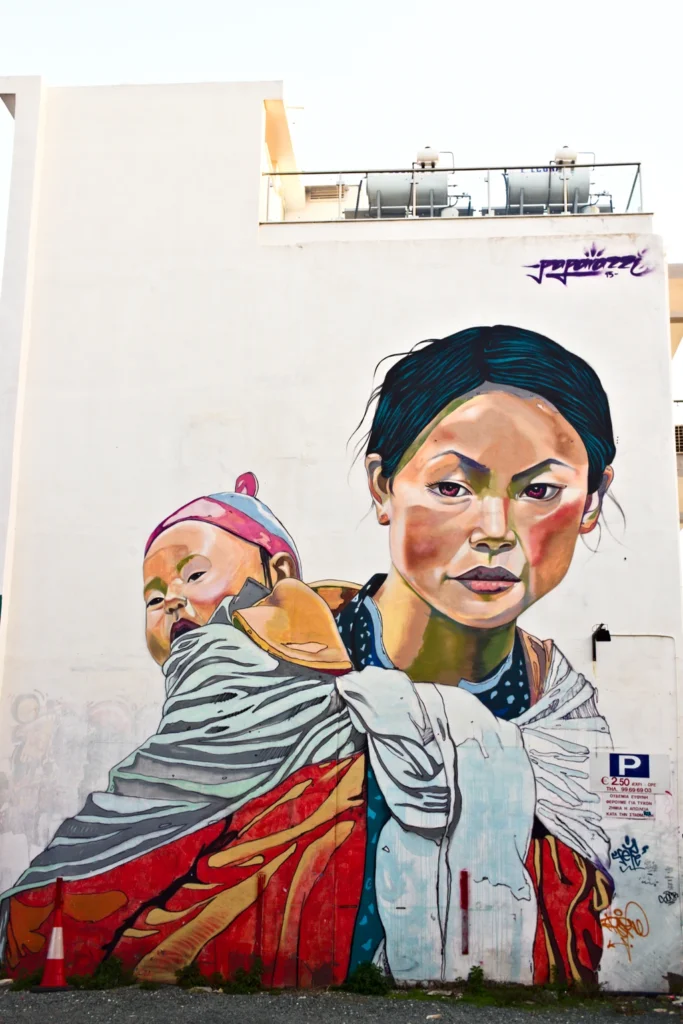
l’Artefice desiderava che ci fosse qualcuno capace di afferrare la ragione di un’opera così grande, di amarne la bellezza, di ammirarne la vastità
the Architect wanted someone to be able to grasp the reason for such a great work, to love its beauty, to admire its vastness
Pico della Mirandola, Oratio de hominis dignitate, 1486
